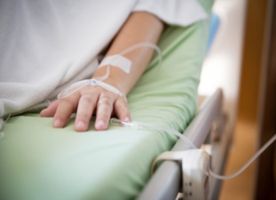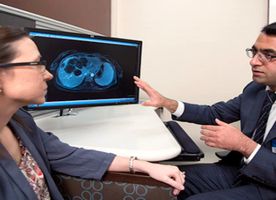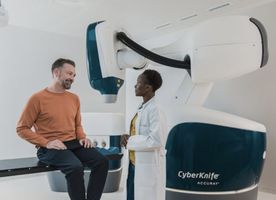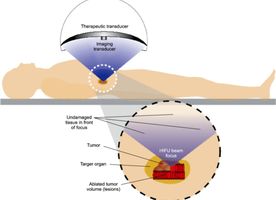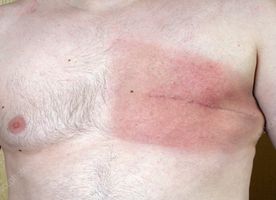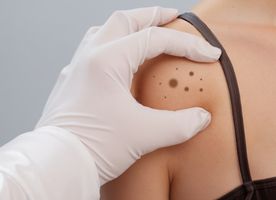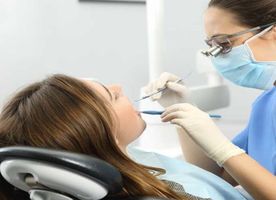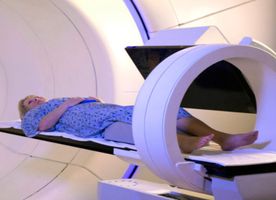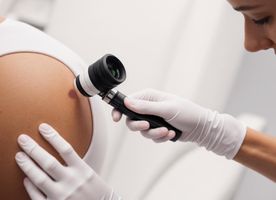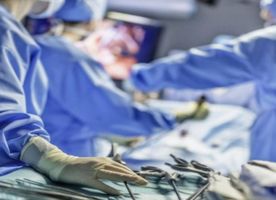Our partner clinics in Bedok are accredited by the following associations

JCI Accredited

ISO 9001:2008

ISO Certification - International Organization for Standardization

TÜV Rheinland - Technischer Überwachungsverein Rheinland

ESQH - European Society for Quality in Healthcare

ISQua - The International Society for Quality in Health Care

CHKS Healthcare Accreditation

The Leading Dental Centers of The World

Nobel Biocare Fellowship Program

Zimmer Biomet Dental Education Program

EVF - European Venous Forum

EFQM - European Foundation for Quality Management

IDA - International Dental Academy

ICA - International Chiropractors Association

MCA - McTimoney Chiropractic Association

UCA - United Chiropractic Association

ICS - International College of Surgeons

IACD - International Academy of Cosmetic Dermatology

ISDS - International Society for Dermatologic Surgery

EBOPRAS - European Board of Plastic Reconstructive and Aesthetic Surgery

IAAFA - International Academy of Advanced Facial Aesthetics

WALT - World Association for Laser Therapy

ISHRS - International Society of Hair Restoration Surgery

AAHRS - Asian Association of Hair Restoration Surgeons

ESCAD - European Society for Cosmetic and Aesthetic Dermatology

William Glasser Institute - Reality Therapy Certified

EAC - European Association for Counselling

IFSO - International Federation for the Surgery of Obesity and Metabolic Disorde

TÜV SÜD - Technischer Überwachungsverein SÜD

TÜV NORD - Technischer Überwachungsverein NORD

BIOMET 3i Education Program

EURAPS - European Association of Plastic Surgeons

Center of Excellence in Bariatric Surgery

IAOMS - International Association of Oral and Maxillofacial Surgeons

Treatment Abroad Code of Practice

IFFPSS - International Federation of Facial Plastic Surgery Societies

FIGO - International Federation of Gynecology and Obstetrics

IFED - International Federation of Esthetic Dentistry

EOS - European Orthodontic Society

AOCMF

IBMS - International Board of Medicine and Surgery

EAFPS - European Academy of Facial Plastic Surgery

ESCD - European Society of Cosmetic Dentistry

ESCRS - European Society of Cataract and Refractive Surgeons

NASS - North American Spine Society

ESHRE - European Society of Human Reproduction and Embryology

MPS - Medical Protection Society

European Journal of Ophthalmology

ISRS - International Society of Refractive Surgery

JCRS - Journal of Cataract and Refractive Surgery

Cornea Society

JPGM - Journal of Postgraduate Medicine

ESPRAS - European Society of Plastic, Reconstructive and Aesthetic Surgery

OSAPS - Oriental Society of Aesthetic Plastic Surgery

RS - The Rhinoplasty Society

FRANZCOG - Fellow of Royal Australian and New Zealand College of Obstetricians a

IFOMPT - International Federation of Orthopaedic Manipulative Physical Therapist

WFO - World Federation of Orthodontists

ITI - International Team for Implantology

ICOI - International Congress of Oral Implantologists

Dentsply Friadent Implant Programme

IMTEC Sendax Mini Dental Implants Systems

IAO - International Association for Orthodontics

AAO - Asian Academy of Osseointegration

WAAAM - World Anti-Aging Academy of Medicine

WOSIAM - World Society Interdisciplinary Anti-Aging Medicine

ESE - European Society of Endodontology

ECAMS - European College of Aesthetic Medicine and Surgery

IABCLL - International Academy of Body Contouring and Laser Lipolysis

IAFGG - International Association of Facial Growth Guidance

IBCS - International Board of Cosmetic Surgery

IMDHA - International Medical and Dental Hypnotherapy Association

EAO - European Association for Osseointegration

ISD - International Society of Dermatology

IFAD - International Federation of Aesthetic Dentistry

IBHRS - International Board of Hair Restoration Specialists

IAHRS - International Alliance of Hair Restoration Surgeons

EDA - European Dental Association

IASP - International Association for the Study of Pain

ADI - Academy of Dentistry International

EAPD - European Academy of Paediatric Dentistry

EACMD - European Academy of Craniomandibular Disorders

ESHRS - European Society of Hair Restoration Surgery

ICD - International College of Dentists Fellowship

UIME - International Union of Aesthetic Medicine

APACS - Asian Pacific Academy of Cosmetic Surgery

McKenzie Institute International

ITEC - International Therapy Examination Council

ICA - International Cranial Association

I-ACT - International Association for Colon Hydrotherapy

CIBTAC - Confederation of International Beauty Therapy and Cosmetology

IFPA - International Federation of Professional Aromatherapists

ISBI - International Society for Burn Injuries

The Pankey Institute

PEFOTS - Pan European Federation of TCM Societies

URHP - Unified Register of Herbal Practitioners

AACD - Asian Academy of Craniomandibular Disorders

IMSA - The International Medical Spa Association

ACHSI - The Australian Council on Healthcare Standards International

CIDESCO - Comité International d'Esthétique et de Cosmétologie

ART - Active Release Techniques

ICPA - International Chiropractic Pediatric Association

CDA - Caribbean Dermatology Association

APAO - Asia Pacific Academy of Ophthalmology

FICCDE - International College of Continuing Dental Education Fellowship

GMC - General Medical Council

ISA - International Sleep Academy

ISCG - International Society of Cosmetogynecology

EPA - European Prosthodontic Association

ABSI - Advanced Body Sculpting Institute

EACMFS - European Association for Cranio-Maxillo-Facial Surgery

FILACP - Federación Ibero Latinoamericana de Cirugía Plástica

REDLARA - Rede Latino-americana de Reprodução Assistida

ALMER - Asociación Latinoamericana de Medicina Reproductiva

ICP - International College of Prosthodontists

EFP - European Federation of Periodontology

IADR - International Association for Dental Research

IODPT - International Organization for Dental Phobia Treatment

Academy of Operative Dentistry

The Dawson Academy

AAP - Asian Academy of Prosthodontics

AsianAOMS - Asian Association of Oral and Maxillofacial Surgeons

ISCD - International Society of Computerized Dentistry - Certified CEREC Trainer

SAAD - Society for the Advancement of Anaesthesia in Dentistry

PFA - Pierre Fauchard Academy

ISCD - International Society of Computerized Dentistry

YDW - Young Dentists Worldwide

APAD - Asia Pacific Academy of Dentistry

ACDNA - Academy Of Computerized Dentistry Of North America

WSLO - World Society of Lingual Orthodontics

SAMS - Society of Aesthetic Medicine Singapore

AMS - Academy of Medicine Singapore

FAMS - Fellowship of the Academy of Medicine Singapore

SAPS - Singapore Association of Plastic Surgeons

SMA - Singapore Medical Association

OGSS - Obstetrical & Gynaecological Society of Singapore

SDA - Singapore Dental Association

SDC - Singapore Dental Council

ADSS - Aesthetic Dentistry Society Singapore

AOS - Association of Orthodontists - Singapore

ISO 9001 : 2015


